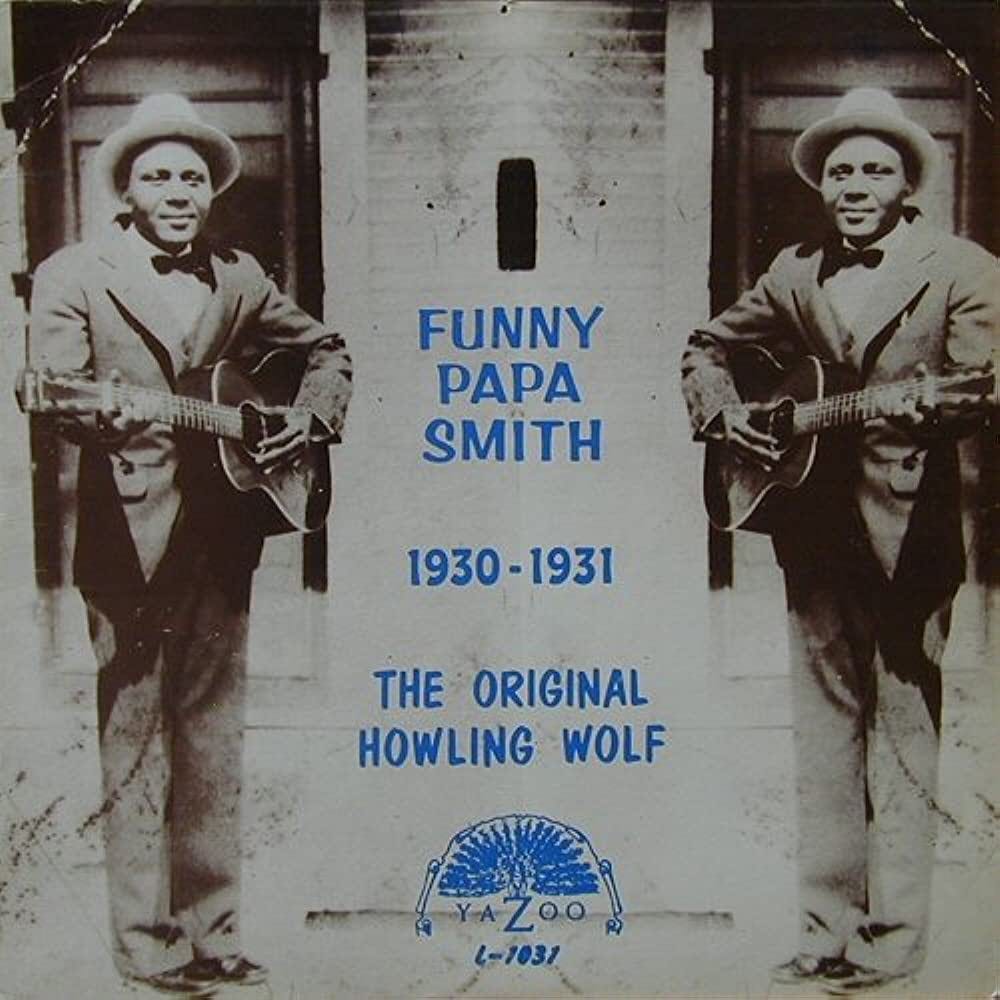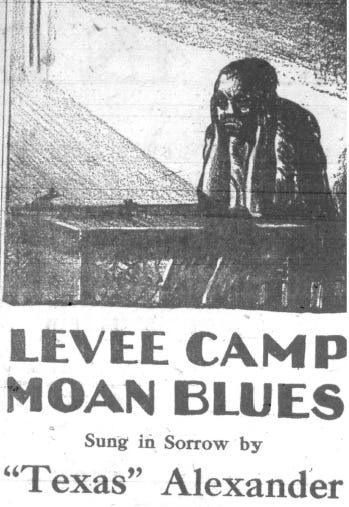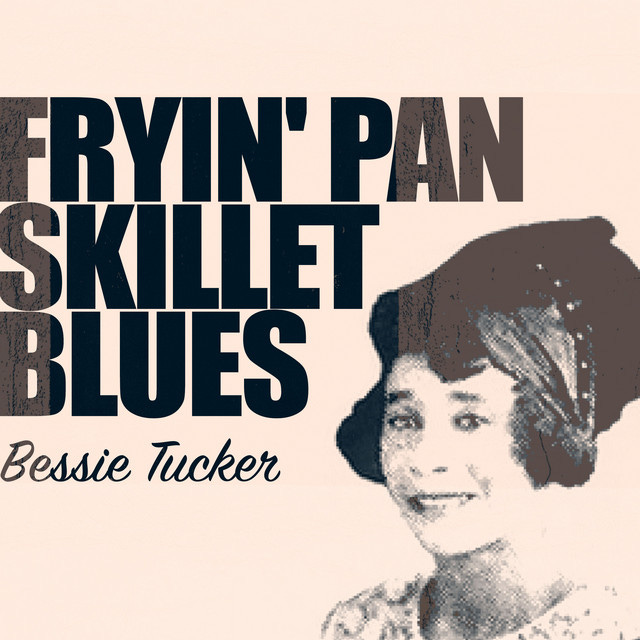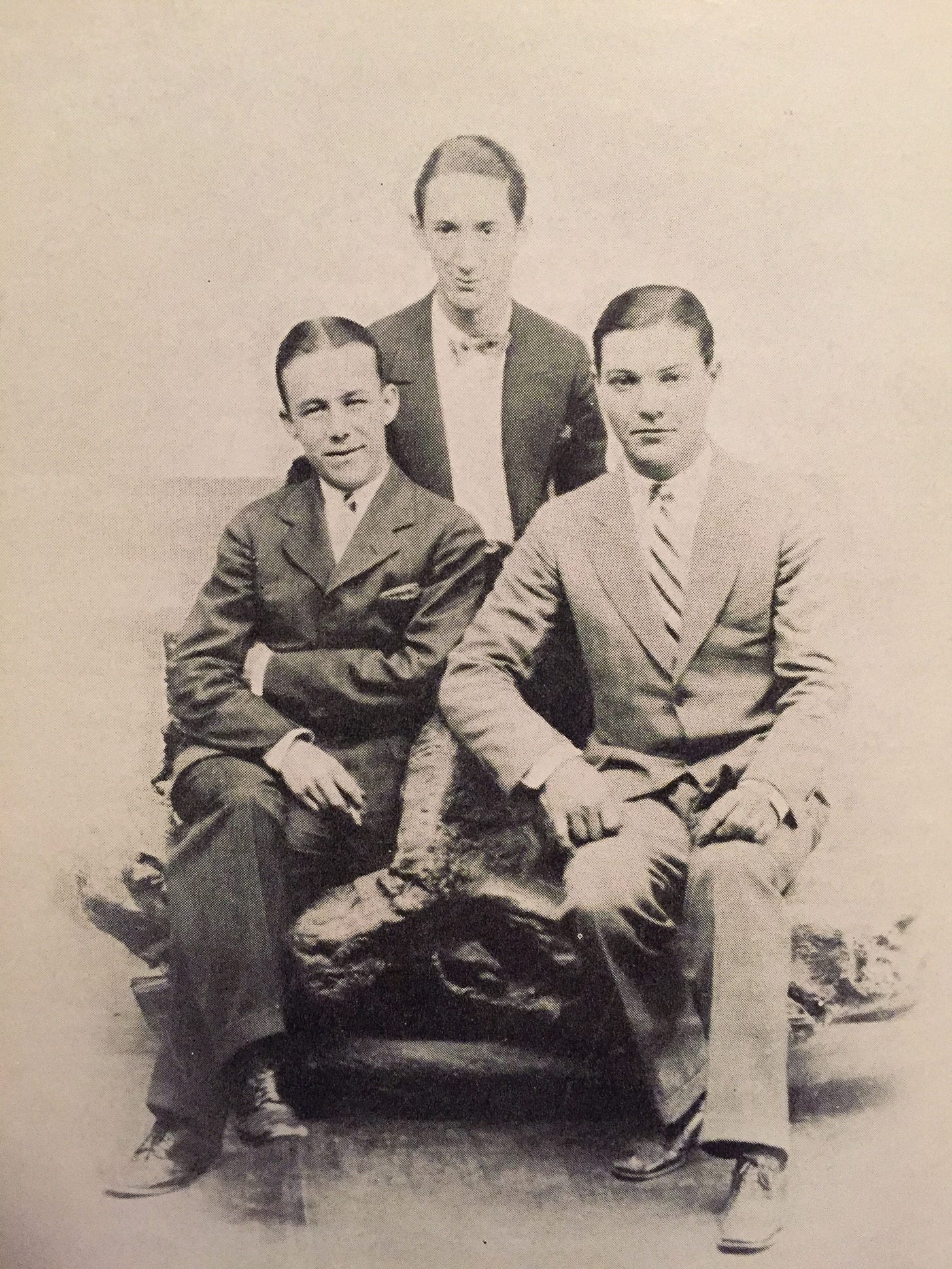Mack McCormick's "Underappreciated Giants of the Texas Blues"
The famed music researcher contributed this "Incomplete List" to the Statesman in 2003
J.T. Smith, aka The Howling Wolf, aka Funny Papa Smith: Vivid and gifted song maker who describes fools, good-hearted women, fine coffee, seven sisters enountered in New Orleans and most of life's other essentials. A fugitive from Smithville who became a traveling man, Smith (not to be confused with Howlin' Wolf) is known by visits to studios in Chicago and Fort Worth and was the first to record the complaint of "a hellhound on my trail." He was sometimes sighted entertaining around select Austin icehouses.
William McCoy: A little-known musician whose existence is confirmed by a Dallas court appearance to answer a charge of public disturbance for playing music on a street corner in an intolerant world. He was a virtuoso who established the three standard specialties of the harmonica repertoire. The first two were his 1927 recordings of "The Fox Chase" and "Train Imitations." The third, which he was apparently the first to record and in fact may have created, was "The Mama Blues." It is a showpiece that has traveled the world of blues, crossed into country music and even become a swing band arrangement; a dialogue between harmonica and player, one asking and urging, the other answering as a plaintive child: "What do you want?. . . "I want my Mama!". . . "Well, can you call your mama?" . . . "Go ahead and call her now?" Then the reedy, lonesome cry known in every land and language.
Texas Alexander: Evidence suggests the birth of the blues came with early work songs and field hollers which, over the laboring hours, drifted from the sacred to the profane and back again. The tradition survived until the '60s in the Texas prison farms along the Brazos river. Alger "Texas" Alexander's hearty, insinuating voice draws from this ancient song lore, deals with the blunt and the bawdy, goes on to fundamental questions such as humanity's final status and the purpose of our worry-driven mindset. He carries us into kinship with convict, slave and the rest of the earth's peoples, describing a moment such as: "I lay down last night trying to take my rest . . . though my mind kept rambling like wild geese in the west."
Rob Cooper: Some neighborhoods in Houston, Austin and Dallas favored piano over guitar. Several developed their own style and a privatre repertoire not heard elsewhere. Rob Cooper's two solos and many accompaniments to singer Joe Pullum depict what thrived in Fort Bend County and Houston's Fourth Ward. Cooper's "West Dallas Drag" is a tribute to the Fourth Ward's main drag, once lined with places that hired barrelhouse piano players two and three at a time.
Bessie Tucker: One of a group of fierce, hard-living women who sang about murder, love and, when needed, protecting one's territory by razor or carbolic acid. Not a fixture of the vaudeville stage or tent show, she sang casually in taverns, and like Texas Alexander, drew from early work songs and prison lore. Her records are tough, captivating, personal statements linked to mysterious images -- for example, "key to the bushes" -- that continues to puzzle scholars.
T-Bone Walker: While not unappreciated, neither is he fully recognized as a prime instigator of the sound which has reigned the past 50 years. He brought the electric guitar into blues and pioneered a rapid-fire style that molded B.B. King and inspired Eric Clapton, Freddie King, Johnny Winter and ten thousand others. He laid the floorboards on which the ages of rock have danced.
Scott Joplin: An unrecorded genius who finally got his due after the ragtime revival of the '70s re-established his name and work. Though his early life remains clouded, memories gathered long ago in Texarkana agree he had embraced the blues in his early years.
Jack Teagarden, Cotton Thompson, and Prince Albert Hunt: Three Caucasian innovators -- a jazz great, a singer with western swing groups, a sly Texas fiddlechampion -- all seduced by the blues. Each has told the same story of youthfully slipping over to the other side of town to listen outside a dance hall bursting with music, or venturing into a bottomland community to hear a Pentecostal congregation, then searching for a teacher to share these secrets. All three made new friends for what they brought home.






